Bhutan at a Crossroads; Balancing Happiness with Economic and Environmental Challenges
Bhutan is currently navigating significant challenges, including a wave of emigration and high youth unemployment, which threaten its reputation as the “kingdom of happiness.” In recent years, around 9% of the population has left the country, largely in search of better economic opportunities abroad.
To combat this trend, King Jigme Khesar Namgyel Wangchuck has proposed the development of the Gelephu Mindfulness City, aimed at creating jobs and encouraging young Bhutanese to return home. The project, designed by renowned Danish architect Bjarke Ingels, envisions a modern city infused with Bhutanese cultural values and Buddhist principles, emphasizing clean living and sustainable development.
In addition to urban development, Bhutan has been active on the international climate stage, launching the G-ZERO Coalition at COP29, which includes carbon-negative countries like Madagascar, Panama, and Suriname. This coalition aims to demonstrate that achieving carbon neutrality is not only feasible but vital for global climate action.
Tourism, a critical aspect of Bhutan’s economy, has also faced a downturn. The country, traditionally known for its exclusive and high-cost tourism model, has started to embrace more independent travelers by lowering its daily sustainable development fee and launching an official booking portal. This approach seeks to diversify its tourist base and attract visitors from non-Asian markets.
Culturally, Bhutanese traditions remain vibrant, with annual festivals like the Thimphu Drubchen showcasing centuries-old practices, such as masked dances and traditional archery. These customs are integral to the cultural identity of the Bhutanese people, which the government aims to preserve even as it seeks modern economic solutions.
Despite being recognized internationally for its unique approach to development through the Gross National Happiness (GNH) policy, Bhutan faces scrutiny over its economic situation. In recent assessments, youth unemployment has surged to 28.6%, signaling pressing economic needs. The GNH framework, while pivotal in guiding policy, is now contending with calls for a more balanced focus on economic growth alongside well-being measures.
Overall, Bhutan stands at a crossroads, balancing the preservation of its cultural identity and values with the need to adapt to global economic realities and environmental responsibilities.
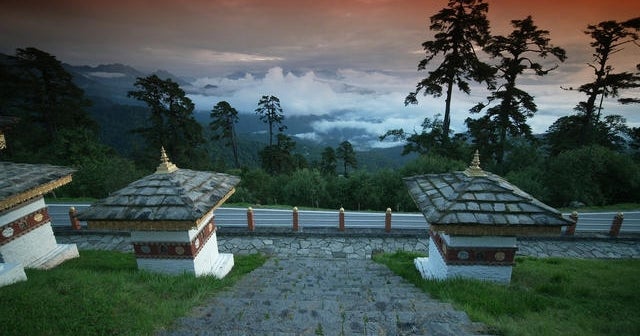
Bhutan building Mindfulness City to create jobs, lure young Bhutanese home from abroad
Bhutan, a country that prioritizes happiness, has seen 9% of its population leave in recent years. Now the king is launching a bold plan for a new cit
www.cbsnews.com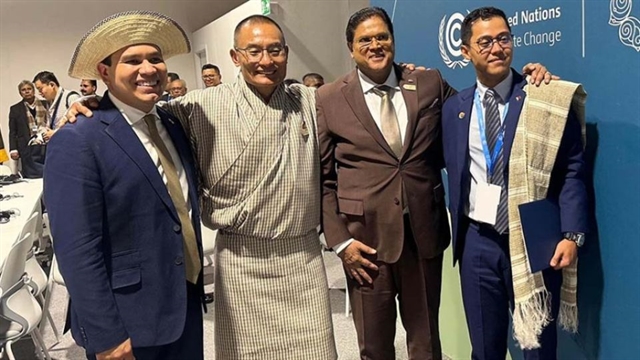
Bhutan led G-ZERO coalition launch at COP29 to champion carbon neutrality
The term ‘G-ZERO’ refers to a state where a country’s greenhouse gas emissions are fully offset by the amount it absorbs from the atmosphere, or where
vietnamnews.vn
Bhutan making tourism easier to spur economy
For a country that has long prioritised a balanced lifestyle and good governance over economic gain, Bhutan is doing something it has never done bef
www.bangkokpost.com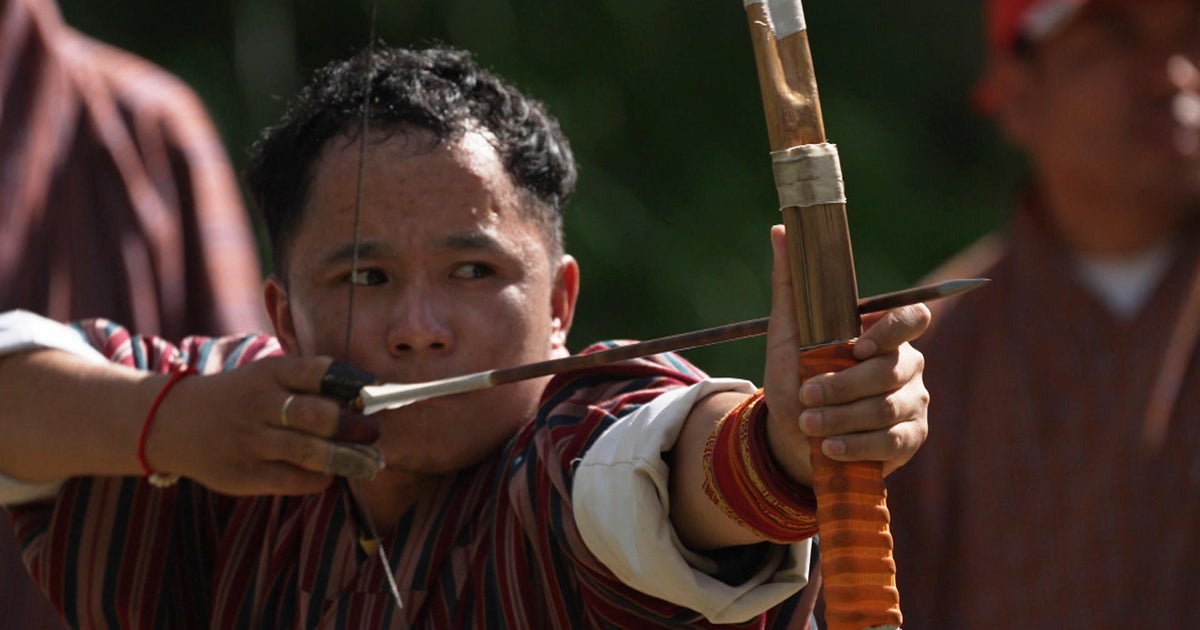
Experiencing Bhutan's ancient and wondrous traditions
60 Minutes correspondent Lesley Stahl witnessed centuries-old Bhutanese traditions, including a cham dance ceremony and traditional archery, while rep
www.cbsnews.com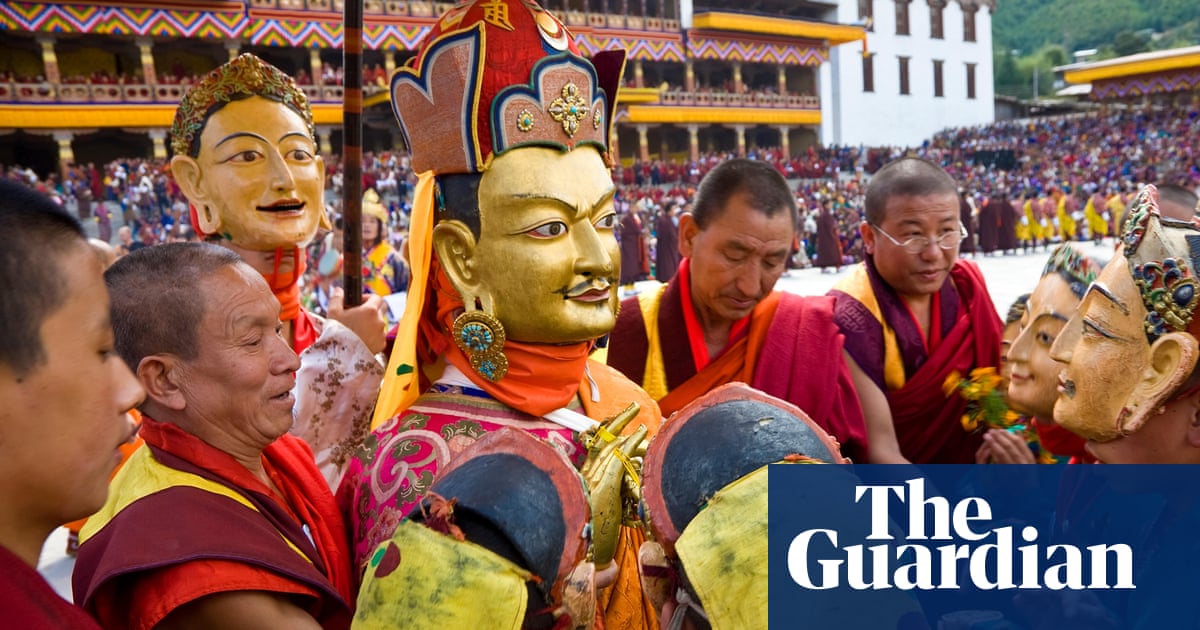
What happened to Bhutan’s ‘kingdom of happiness’?
The Himalayan country is facing unprecedented emigration and high youth unemployment, casting doubt on its famous happiness-based economic approach
www.theguardian.com
Bhutan’s Gross National Happiness Policy - BORGEN
Introduced by Bhutan’s Fourth King in the 1970s, Gross National Happiness (GNH) Jigme Singye Wangchuck, emphasizes a holistic approach to...
www.borgenmagazine.com
Czech experts supported Bhutan in boosting cyber security
The growing number of cyber security incidents poses a significant challenge to national governments' efforts to safeguard citizens and
mzv.gov.cz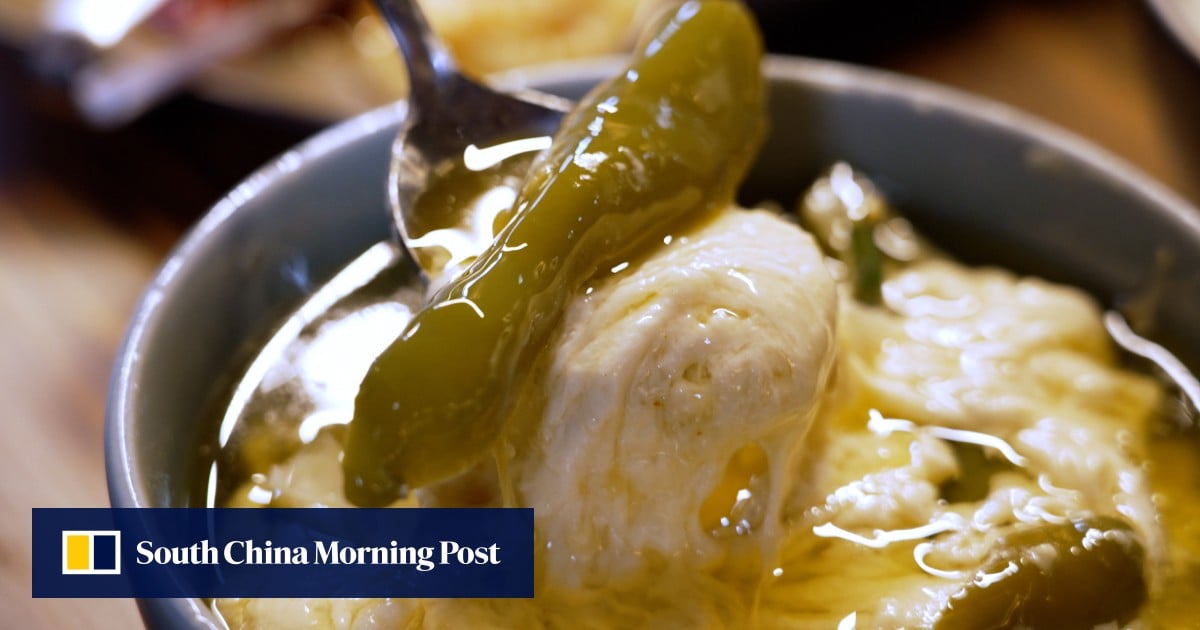
What is Bhutan’s authentic food like? Tourists rarely taste it
The Bhutanese like lots of cheese and chillies in their food, such as in ema datshi, but many restaurants tone down flavours for tourists.
www.scmp.com